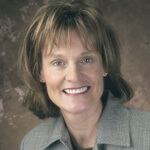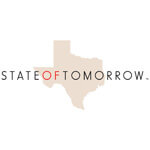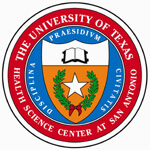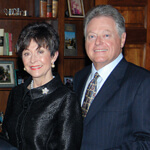
Kathy Geurink, clinical associate professor in the department of dental hygiene, will receive a major national honor in her field this summer — the 2007 Pfizer/ADHA Award for Excellence in Dental Hygiene.
Geurink, a respected educator and health promoter who authored a widely used textbook on the hygienist’s role in public health, will be recognized during the 84th Annual Session of the American Dental Hygienists’ Association (ADHA). The meeting is June 20-27 in New Orleans.
Educator
“Kathy teaches courses at all levels in our program,” said Nita Wallace, Ph.D., associate professor and chair of the dental hygiene department. “In entry-level courses, she sensitizes students to their role as community health care resources. She introduces students to multiple levels of health care and to diverse patient populations such as geriatric, developmentally and physically disabled, and pediatric.”
Dental hygiene student rotations
Geurink has established a wide variety of rotations for dental hygiene students. One of these rotations is with The Willows, a facility for the mentally and physically disabled on the East Side of San Antonio. Students and faculty provide care for a variety of significantly impaired patients using one of the Health Science Center’s mobile dental units. “For many years, the dental hygiene students and faculty have been the only resources for oral health care for this group,” Dr. Wallace said.
First school-based oral health program in Texas
Geurink collaborated with Methodist Healthcare Ministries to write and submit a grant to The Robert Wood Johnson Foundation. The grant was funded for $250,000 and established the first school-based oral health program in Texas. A full-time faculty member in the dental hygiene department manages the program.
“Kathy has done more to provide oral health care services for children in the state of Texas than anyone else I know,” said Marilyn Harrington, Ph.D., dean of the School of Allied Health Sciences. “She is a consultant with Head Start Programs in Texas and guides the development of standards for the oral health of these children. Prevention is key, and Kathy has designed this program to benefit children regardless of the family’s ability to pay. She has given voice to these young children who can’t speak for themselves.”
Dr. Wallace added, “Ms. Geurink positively impacted the community through teaching future oral health care providers, delivering care to the community and serving as a change agent for oral health promotion throughout the nation.”
The The University of Texas Health Science Center at San Antonio is the leading research institution in South Texas and one of the major health sciences universities in the world. With an operating budget of $536 million, the Health Science Center is the chief catalyst for the $14.3 billion biosciences and health care industry in San Antonio’s economy. The Health Science Center has had an estimated $35 billion impact on the region since inception and has expanded to six campuses in San Antonio, Laredo, Harlingen and Edinburg. More than 22,000 graduates (physicians, dentists, nurses, scientists and allied health professionals) serve in their fields, including many in Texas. Health Science Center faculty are international leaders in cancer, cardiovascular disease, diabetes, aging, stroke prevention, kidney disease, orthopaedics, research imaging, transplant surgery, psychiatry and clinical neurosciences, pain management, genetics, nursing, allied health, dentistry and many other fields.




